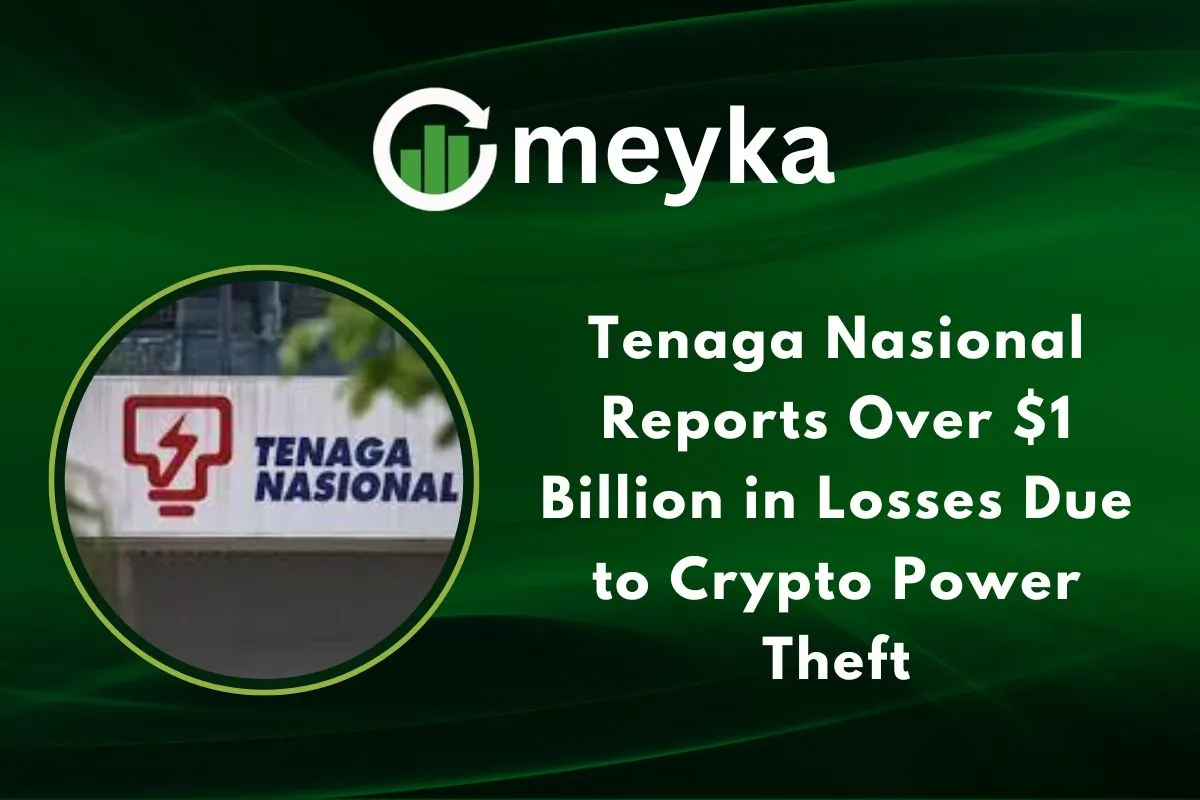Tenaga Nasional Reports Over $1 Billion in Losses Due to Crypto Power Theft
We are witnessing a serious challenge for Tenaga Nasional Berhad (TNB), Malaysia’s largest electricity utility. Between 2020 and August 2025, TNB lost more than RM 4.57 billion (about US$1.1 billion) because of illegal electricity use by crypto miners. This problem isn’t small or isolated. According to the Ministry of Energy Transition and Water Transformation, 13,827 premises were identified as illegally drawing power to run crypto-mining operations. These are not just hobbyists; in many cases, they are large-scale operations tapping into the grid without paying. When we look deeper, we realize these activities seriously threaten both the financial health of TNB and the stability of Malaysia’s power system.
Continue Reading on Meyka
This article is available in full on our main platform. Get access to complete analysis, stock insights, and more.
Read Full Article →





